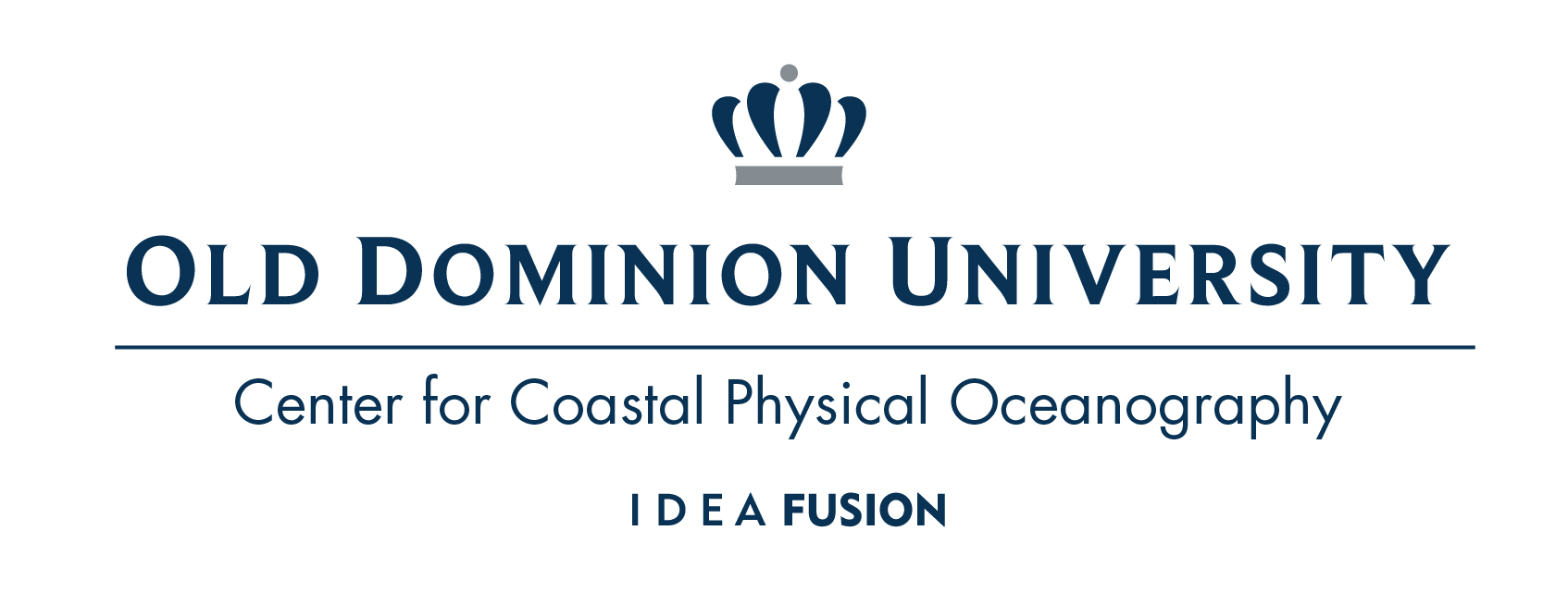Abstract
Many regions, especially those that are arid and therefore
water stressed to begin with, are highly vulnerable for a number of
reasons. Poor governance and resource management are key factors.
Population is growing, thereby increasing the demand for resources,
primarily water. Groundwater, vital for consumption and for irrigation
purposes, is declining globally at an unsustainable rate due to overuse.
High vulnerability and low resilience can be thought of as two sides of the
same coin. Therefore, when nations with high vulnerability experience
climate change, or extreme weather or climate events, they can be pushed to
or even beyond their respective thresholds of resilience. This has happened
recently with disastrous consequences in Syria, leading to a refugee
crisis. Here I will compare and contrast some modern cases linking climate
and migration, as well as some historical examples.
Dr. Colin Kelley is an Associate Research Scientist with Columbia University's International Research Institute for Climate and Society and a Senior Research Fellow with the Center for Climate and Security. He received his PhD from Columbia University and was a PACE postdoctoral fellow at the University of California Santa Barbara. Colin is a climate scientist focused on climate variability and change, particularly in arid and semiarid regions, and on the climate-water-food security nexus. He was the first author of the recent study in Proceedings of the National Academy of Sciences, "Climate change in the Fertile Crescent and implications of the recent Syrian drought," which provided evidence that climate change has already begun to exert a measurable influence with respect to water and food insecurity and state stability. Colin uses historical observations, both land-based and remotely sensed, along with atmospheric, hydrologic and climate models to better understand the dynamics associated with natural variability and change, and their relationship to existing vulnerability and resilience in vulnerable regions.

|
CCPO Innovation Research Park Building I 4111 Monarch Way, 3rd Floor Old Dominion University Norfolk, VA 23508 757-683-4940 |

|